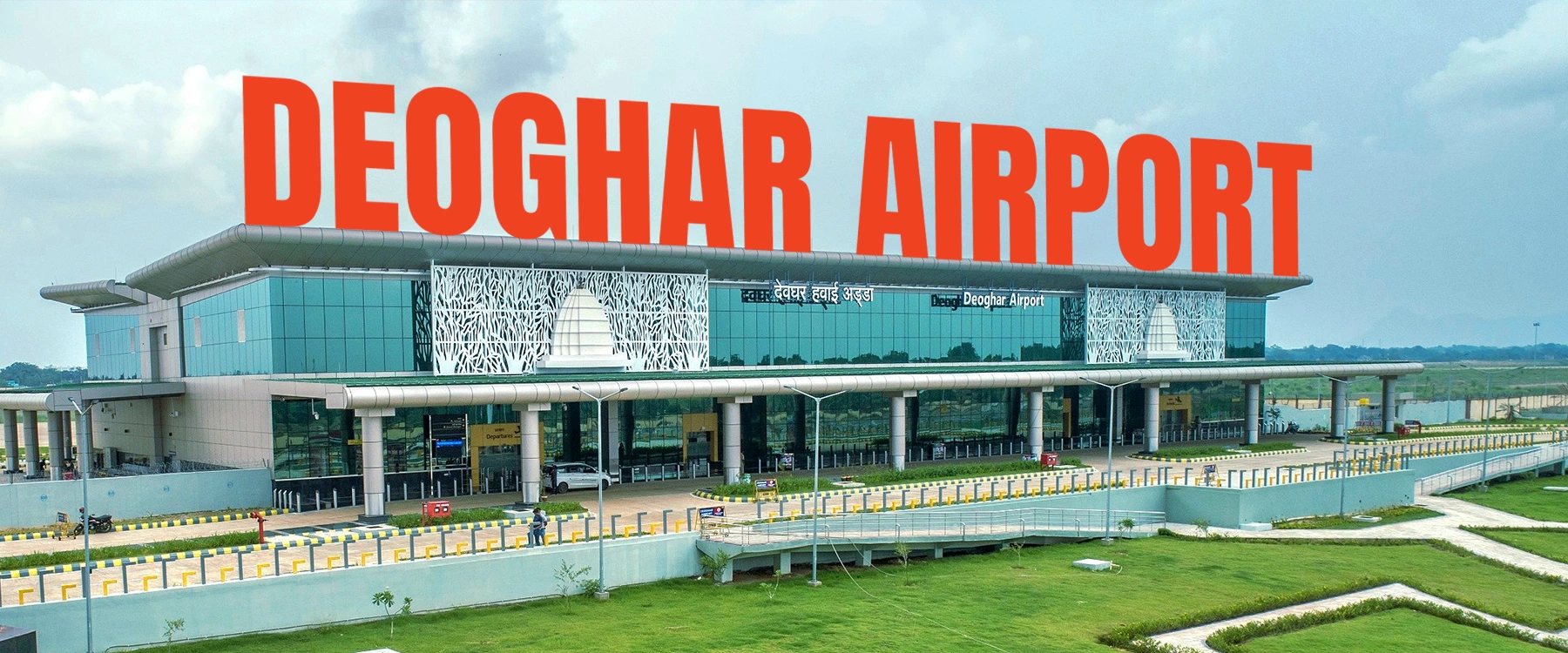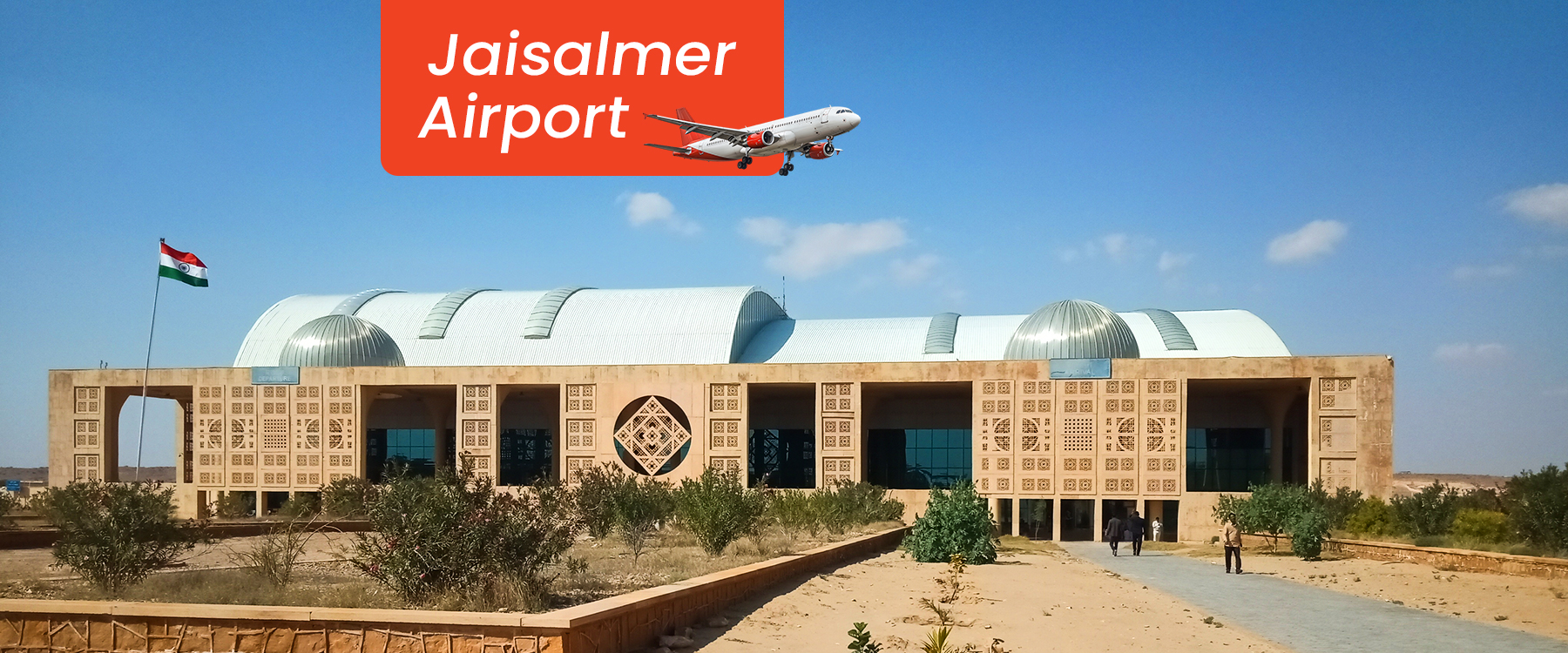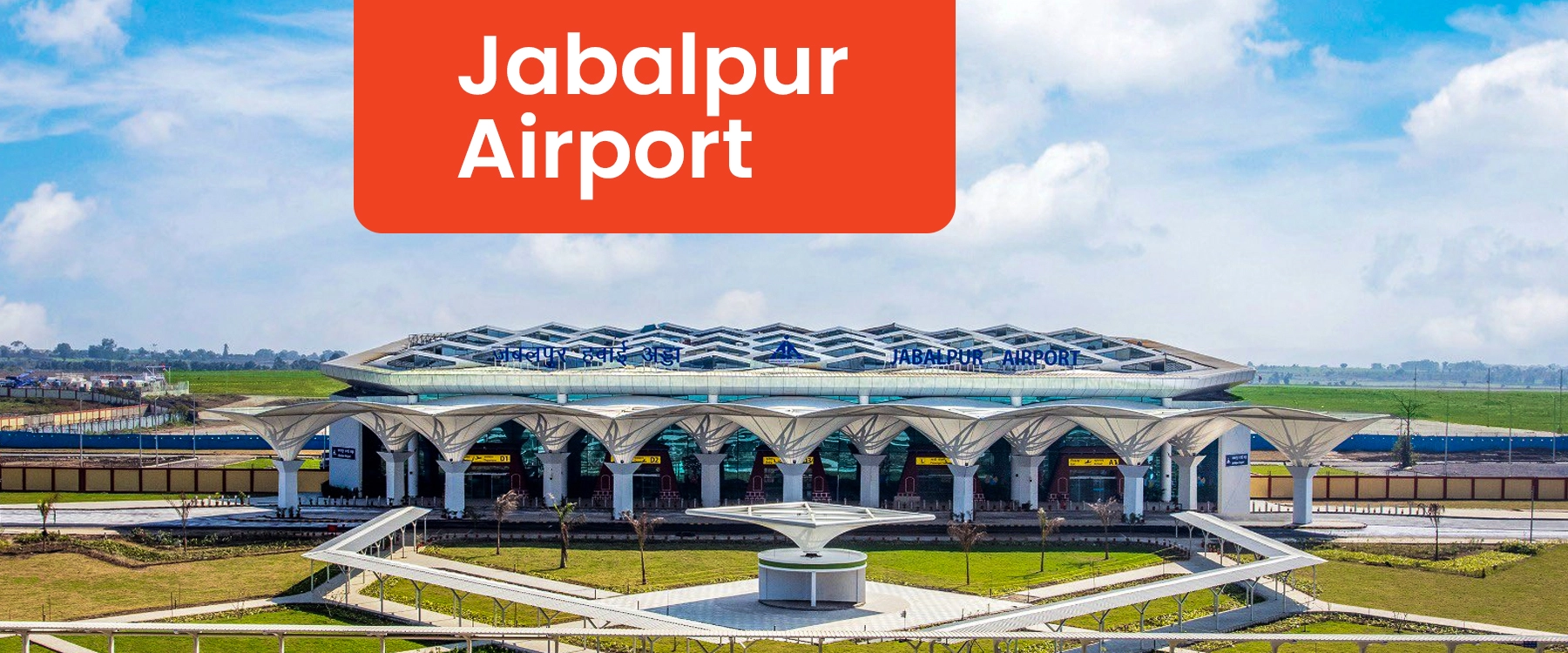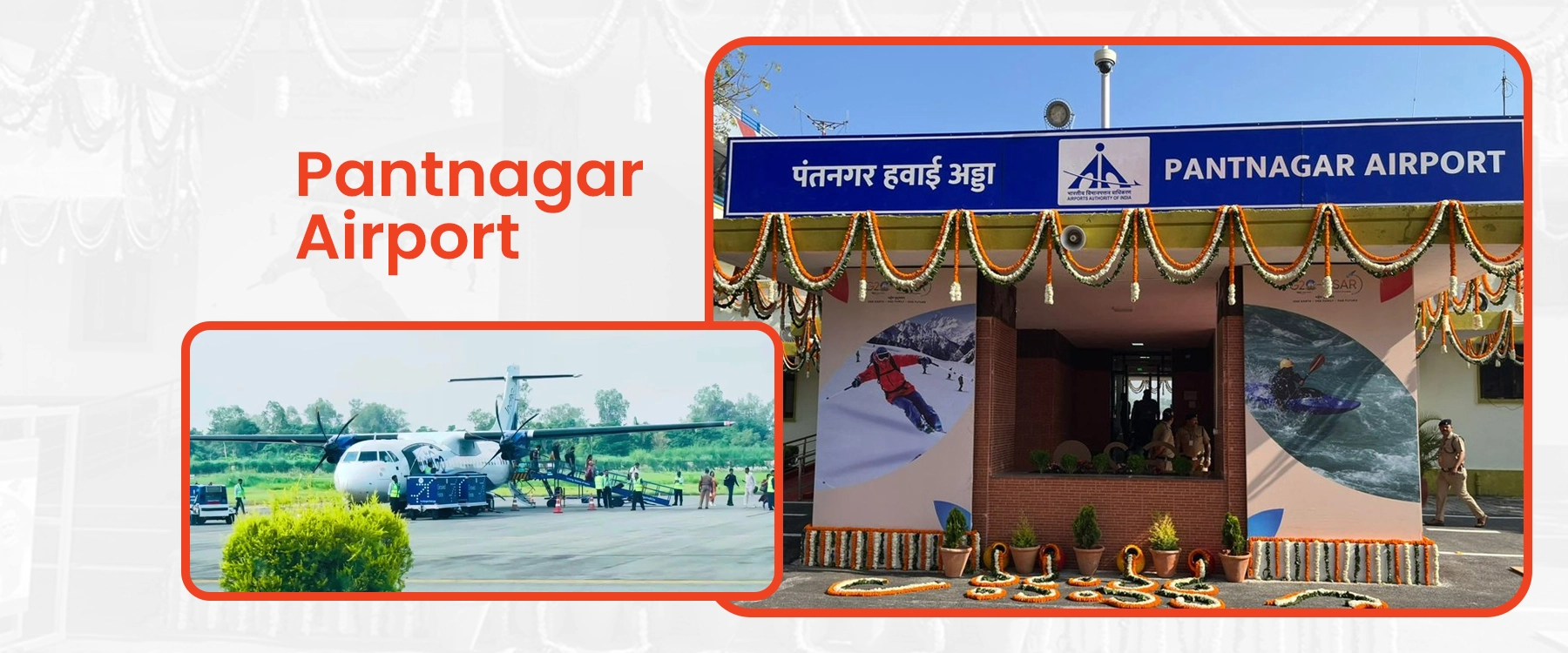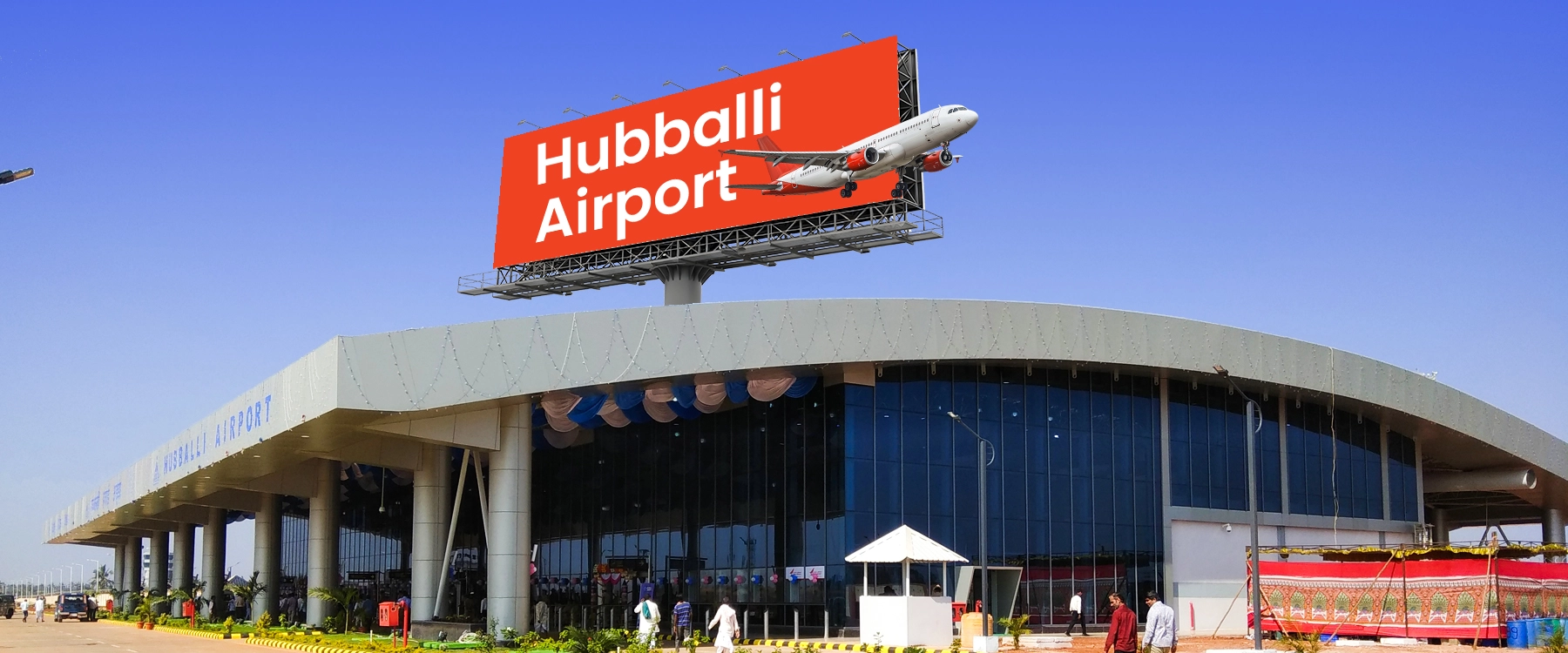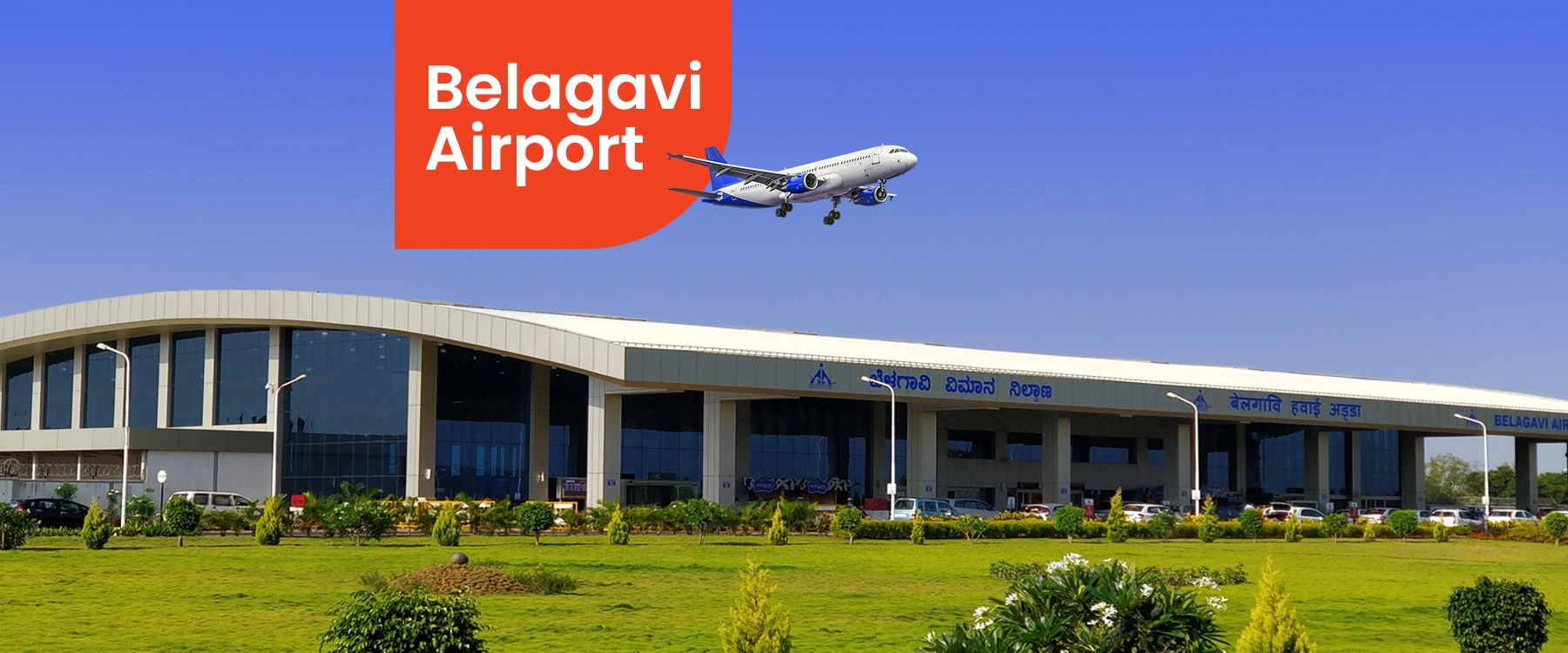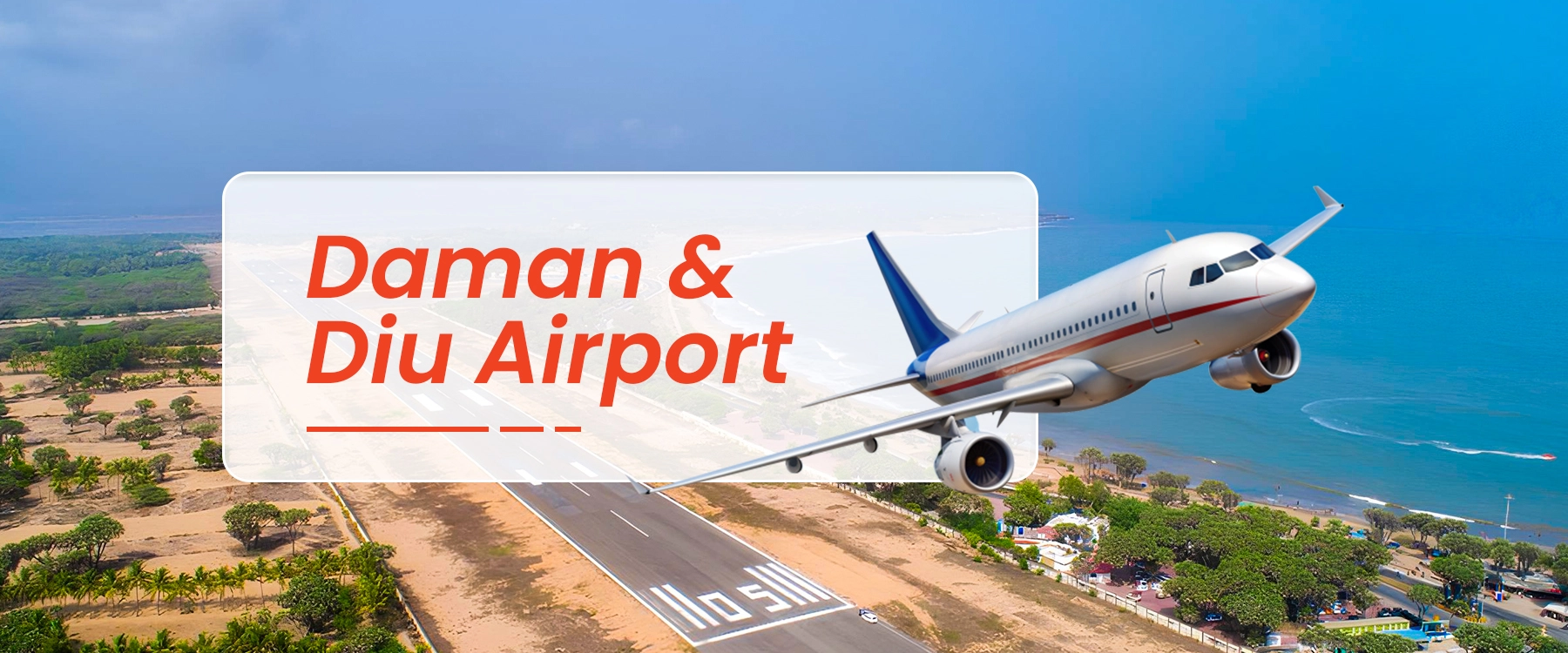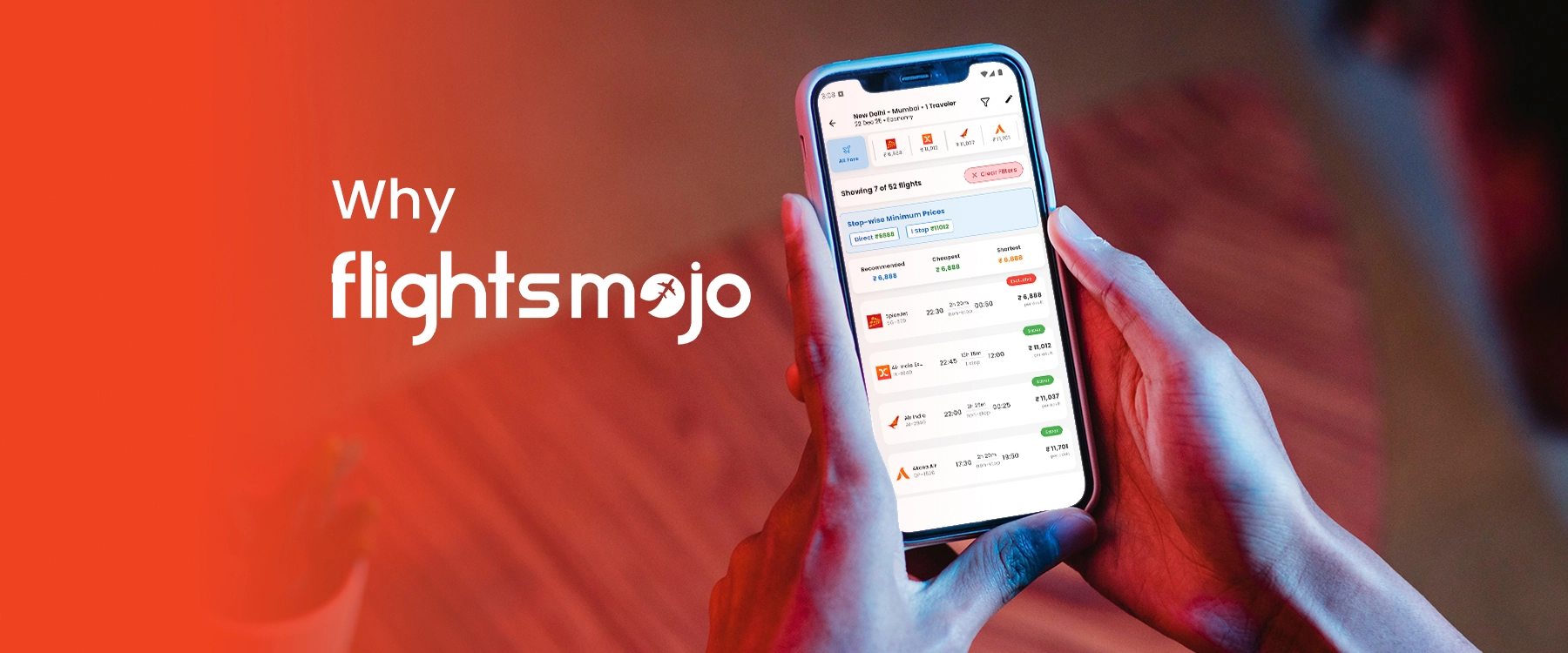In the Indian air travel industry, IndiGo Airlines has become a familiar name. Known for its transparent policies, low-cost fares, punctuality, and seamless service, IndiGo has transformed the Indian aviation industry and is now expanding into the international market. Let’s take a deep dive into the journey, growth, and future ambitions of IndiGo Airlines.
IndiGo airline was established in 2005 by Rahu Bhatia (Interglobe Enterprises) and Rakesh Gangwal (Former US Airways CEO). The first flight took off on August 4, 2006, from Delhi to Imphal via Guwahati. Initially, the fleet order was 100 Airbus A320 aircraft (one of the largest orders by a new airline at the time).
By focusing on efficiency and low fares, IndiGo quickly captured the market, becoming India’s largest airline by passenger market share in 2012 - just six years after starting operations.
Today, IndiGo is the largest airline in India. And among the top budget carriers globally.
Market Share: In 2025, around 64% of India’s domestic air traffic was recorded.
Fleet Size: 434 aircraft, primarily Airbus A320S, A321neos, and ATR 72-600s.
Destinations: IndiGo covers 128 total destinations, comprising 91 domestic and 37 international destinations.
Passengers: According to annual statistics, more than 100 million passengers travel.
Daily Flight: Over 2,200 departures connecting metros, Tier-2, and Tier-3 cities.
This dominance has been built on an ultra-efficient business model, lean operations and quick aircraft turnaround times.
Domestic Network
IndiGo is the most popular domestic airline in India, operating flights to 91 cities across the country. Its domestic network is built on the theory of high-frequency flights, Tier-2 & Tier-3 connectivity, and punctuality.
Hubs & Focus Cities
Indira Gandhi International Airport in Delhi is one of the largest and demanding hubs for IndiGo Airlines. Similarly, cities such as Bengaluru, Mumbai, Hyderabad, Chennai, Kochi, and Kolkata are among the country's second-largest hubs. The coverage includes all major metropolitan areas, as well as a large footprint that extends into smaller towns and regional airports. Aircraft like Airbus A320, A321 neo, and ATR 72-600 (for regional/Tier-3 routes). The airline also connects metros like Delhi, Mumbai, Bengaluru, Chennai, Hyderabad, and Kolkata with high-frequency shuttle services.
Expands reach into Tier-2 and Tier-3 cities, including Raipur, Ranchi, Patna, Lucknow, Dehradun, Varanasi, Guwahati, Imphal, Jodhpur, Udaipur, Surat, Indore, Nagpur, and Port Blair.
Strong regional presence in the Northeast, connecting Guwahati to almost every state capital in the region.
International Network
IndiGo started its international expansion in 2011, with flights to Singapore, Bangkok, Dubai, and Kathmandu. Today, it operates to 36 international destinations throughout Asia, Africa, Europe, and the Middle East, covering long routes on the way.
Asia (Near and Southeast Asia)
South Asia: Nepal (Kathmandu), Bangladesh (Dhaka), Srilanka (Colombo), Maldives (Male).
Southeast Asia: Thailand (Bangkok, Phuket), Singapore, Vietnam (Hanoi, Ho Chi Minh city), Malaysia (Kuala Lumpur), Indonesia (Bali - Denpasar), China (Guangzhou).
Middle East: UAE (Dubai, Abu Dhabi, Sharjah, Ras al Khaimah), Saudi Arabia (Jeddah, Riyadh, Dammam), Qatar (Doha), Kuwait (Kuwait City). Oman (Muscat), Bahrain (Manama).
Africa: Kenya (Nairobi).
Europe (via codeshare and direct flights): Turkey - Istanbul (key hub via codeshare with Turkish Airlines), United Kingdom - London (Heathrow, from Oct 2025, Manchester route also announced), France - Paris (via codeshare + upcoming direct long-haul flights), Netherlands & Germany - via codeshare through Air France–KLM partnerships.
Long-Haul & Future Plan: IndiGo is preparing for long-haul expansion with widebody aircraft (Airbus A350 & leased Boeing 787 Dreamliners).
Planned Long-Haul Routes: London (daily Heathrow flights from Oct 2025), Manchester (UK), Paris (France), Amsterdam (Netherlands), Munich/Frankfurt (Germany), New York & Toronto (future, via A350S & A321XLRs).
IndiGo Airlines permits passengers to cancel bookings through its website, mobile app, call centre, or airport counters. If cancellation is done within 24 hours of booking and the departure is at least just a week on the horizon, passengers are entitled to a full refund. After this window, cancellation charges apply, which vary depending on the route, fare type, and how close to departure the cancellation is made. No-shows are charged a fee, with applicable taxes refunded only. Refunds are processed and delivered to the original payment method within 7-10 working days. Passengers may also opt to reschedule instead of cancelling.
Suggested Read: IndiGo Flight Cancellation Policy: How to Cancel and Get Refunds in 2025
IndiGo Airlines offers passengers a complimentary cabin baggage allowance of up to 7 kg and checked luggage up to 15 kg for domestic flights. At the same time, international routes may allow 20–30 kg depending on the sector. Excess baggage is chargeable and can be pre-purchased online at discounted rates. Special items like sports equipment or musical instruments are subject to additional fees and specific handling guidelines.
Suggested Read: Indigo Baggage Policy 2025: Important Information Before You Board
1. What is IndiGo Airlines?
IndiGo is India’s largest low-cost airline, founded in 2005, known for affordable fares, punctuality, and reliable service.
2. When did IndiGo start operations?
IndiGo’s first flight took off on August 4, 2006, from New Delhi to Imphal via Guwahati.
3. Who are the founders of IndiGo Airlines?
Rahul Bhatia of InterGlobe Enterprises and Rakesh Gangwal, former CEO of US Airways.
4. Where is IndiGo headquartered?
IndiGo’s head office is in Gurugram, Haryana, India.
5. How many aircraft does IndiGo operate?
IndiGo operates a fleet of over 430 aircraft, primarily comprising Airbus A320, A321 neo, and ATR 72-600 models, as well as cargo freighters.
6. What makes IndiGo’s fleet unique?
IndiGo has one of the youngest fleets in Asia with an average aircraft age under 4 years.
7. Which aircraft does IndiGo use for regional routes?
ATR 72-600 turboprops serve Tier 2 and Tier 3 city connections.
8. Does IndiGo operate cargo flights?
Yes, IndiGo operates Airbus A321 freighters under its IndiGo Cargo division.
9. How many domestic destinations does IndiGo serve?
IndiGo serves 91 cities within India.
10. Which are IndiGo’s main hubs?
The Main Hub of IndiGo is New Delhi, Mumbai, Bengaluru, Chennai, Hyderabad, Kolkata, and Kochi.
11. How many daily flights does IndiGo operate in India?
Over 1,800 domestic flights daily.
12. When did IndiGo start international flights?
IndiGo began international operations in 2011.
13. How many international destinations does IndiGo serve?
IndiGo serves around 36 destinations abroad.
14. How much cabin baggage is allowed on IndiGo?
7 kg of cabin baggage is allowed per passenger.
15. What is IndiGo’s 24-hour cancellation policy?
A full refund is available if the booking is cancelled within 24 hours of booking and the flight is at least 7 days away.
